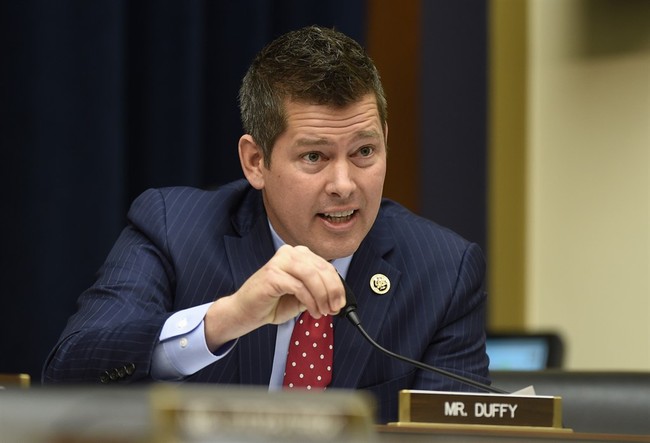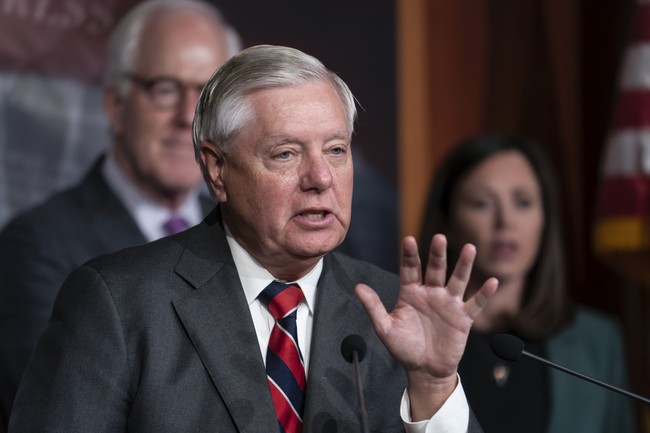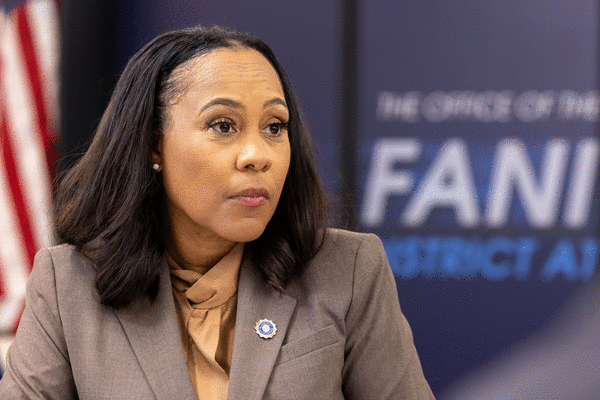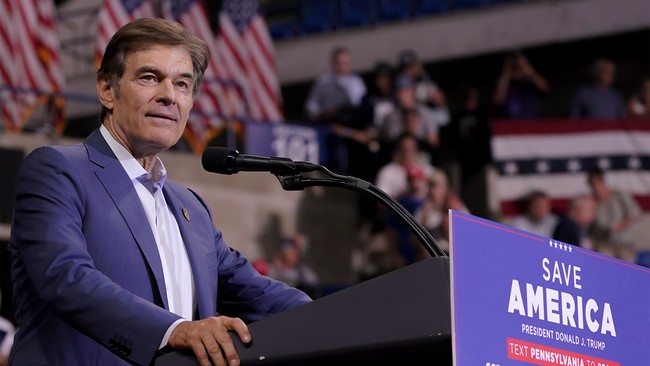Trump's Energy Secretary Pick: A Bold Shift?
Donald Trump's appointment of Chris Wright as Energy Secretary marks a decisive moment in U.S. energy policy, contrasting sharply with the previous administration's focus on renewables.
Published November 17, 2024 - 00:11am
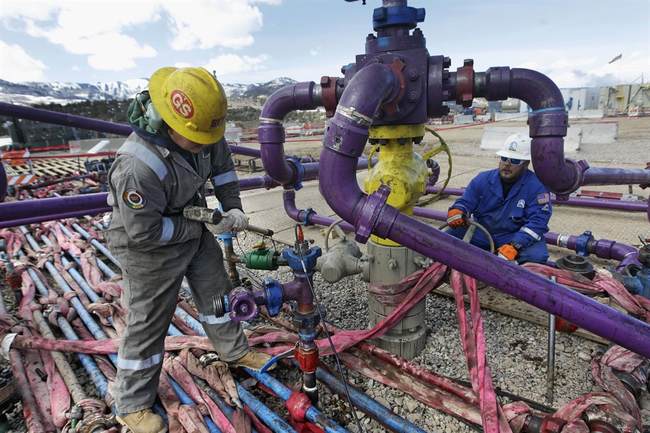
Image recovered from redstate.com
The appointment of Chris Wright as the next U.S. Secretary of Energy by President-elect Donald Trump has stirred both optimism and concern among various stakeholders. Wright, who is the founder, CEO, and chairman of Liberty Energy, brings a wealth of experience from the energy sector, particularly in fracking, to lead the U.S. Department of Energy in a new direction that aligns with Trump's vision of energy independence.
Chris Wright is celebrated for his pivotal role in the American Shale Revolution, a development that has significantly bolstered the United States' position as a leading oil and gas producer on the global stage. Trump's decision to appoint Wright underscores his administration's commitment to ramping up fossil fuel production and independence. This move starkly contrasts with the previous Biden administration's approach focused on transitioning towards renewable energy sources.
Wright's career has been marked by innovation and entrepreneurship within the energy sector. He has been involved in various fields, including nuclear, solar, and geothermal energy, although his prominence rises from his contributions to the shale gas industry. His initiatives significantly advanced hydraulic fracturing techniques, which have opened previously inaccessible reservoirs of hydrocarbons and transformed energy markets worldwide.
However, the renewed push for fossil fuels brought by Wright's appointment has sparked controversy, largely due to the environmental implications associated with fracking. Critics argue that this method, which involves injecting a high-pressure mix of water, sand, and chemicals into rock formations to release gas or oil, can potentially contaminate groundwater, deplete water resources, and release greenhouse gases.
Environmentalists and advocates for renewable energy express concern that Wright's tenure will mark a regression from climate change commitments. This skepticism is fueled by Wright's own public remarks minimizing the impacts of climate change and critiquing what he perceives as a failed global climate movement. Nonetheless, industry leaders see his experience as a valuable asset for cutting bureaucratic hurdles and facilitating energy projects.
Within the broader political landscape, Wright's appointment aligns with Trump's broader cabinet choices that favor deregulation and economic growth over ecological and environmental considerations. Supporters within the industry, including fellow energy executives, have endorsed Wright's ability to lead the Department of Energy in fostering an environment conducive to investment and innovation.
Trump's cabinet pick highlights a clear policy direction towards sustaining and possibly expanding the United States' role in the global energy market, using its natural resources to drive national prosperity. The president-elect promised a robust energy strategy centered around fossil fuels and appears determined to deliver through this strategic appointment.
Wright's role will also extend into the newly formed Council of National Energy, reflecting a broader mandate to oversee the country's energy production and distribution strategies. With allies like North Dakota Governor Doug Burgum, nominated as Interior Secretary, Wright's leadership is expected to harmonize with Trump's vision of achieving energy dominance.
The implications of Wright's leadership are significant as they may set the tone for U.S. energy policy over the coming years, affecting both domestic industry practices and international energy geopolitics. While his supporters hail his practical, results-oriented approach, detractors call for vigilant oversight to ensure environmental protections are not sidelined in the pursuit of economic gains.
Amidst varying responses from the political spectrum, the overarching narrative of this appointment suggests a critical juncture in U.S. energy policy dialogues, balancing between economic imperatives and environmental stewardship in an era where both factors are inextricably linked.


